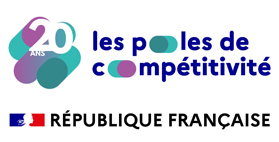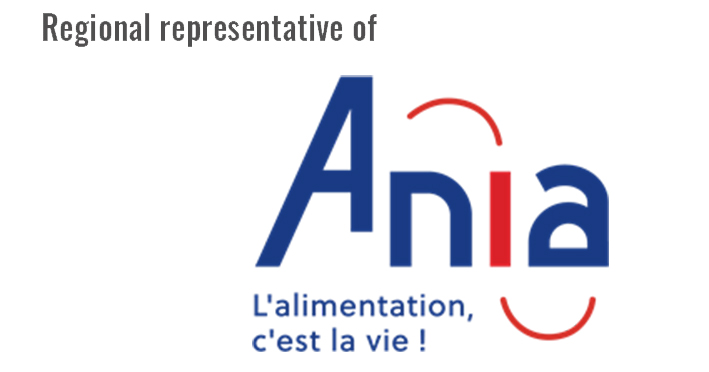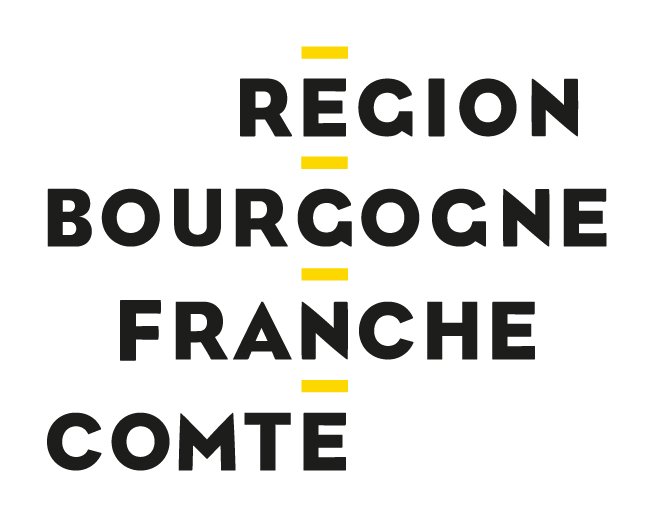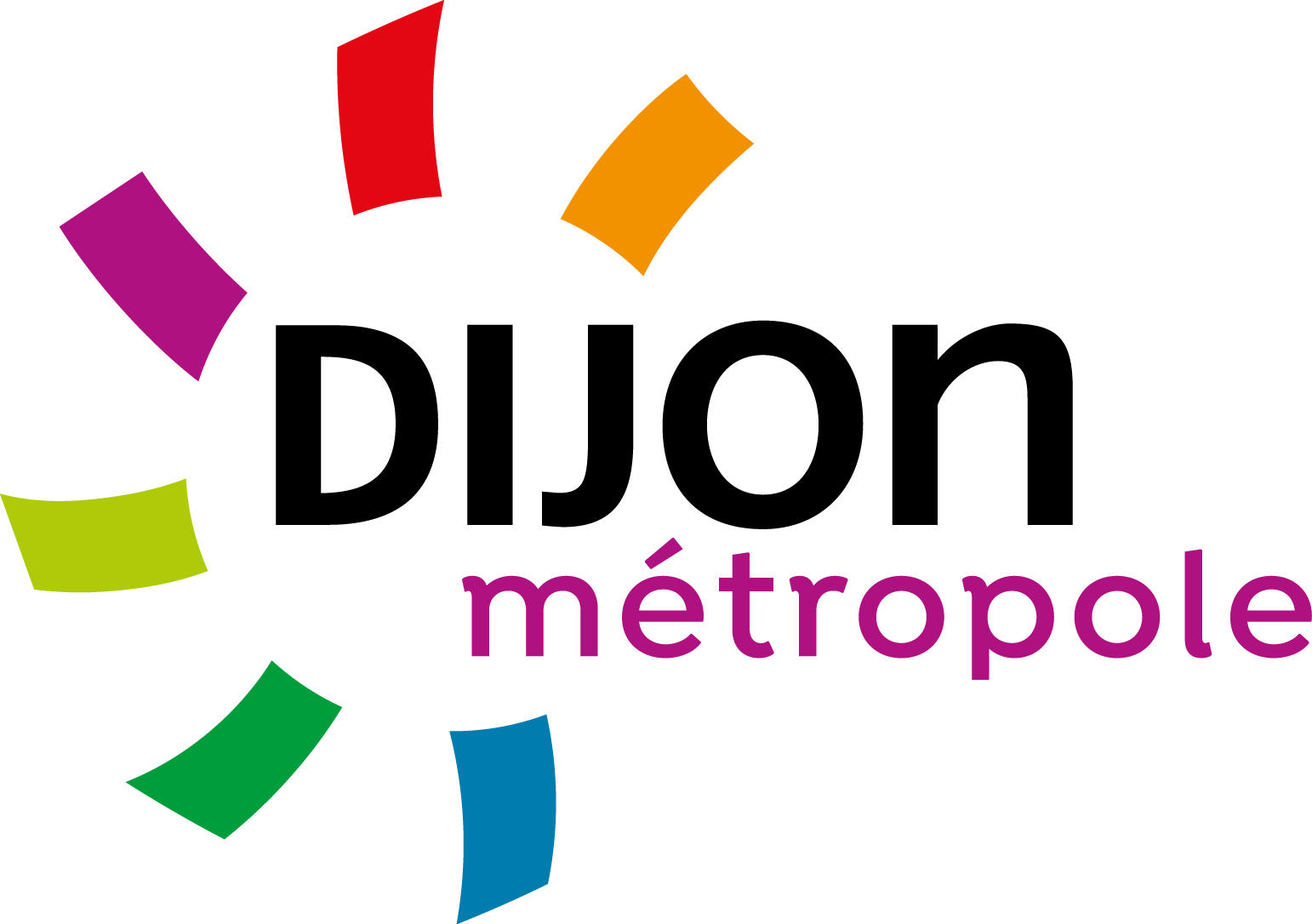19 May 2020 / The experts of the Vitagora ecosystem / Vitagora publication / Science and technologies
Culinary innovation as a tool for "veganising" your products
This article is also available in French:

While most French people are not adepts of any particular diet (83% according to the OpinionWay survey commissioned by the companies Bjorg and Bonneterre & Compagnie), a large proportion of them are careful about what they eat. Fewer preservatives and colourants, less processing and less meat: consumers are on a quest for natural and authentic food. This also leads to an expectation of transparency from the food industry. "Clean label" claims regularly popping up are the latest manifestation of this trend and represent a means for the purchaser to identify products that correspond to their convictions.
Why should this interest you?
- Veganism is a trend that is becoming more and more mainstream
- Transitioning a regular product range towards being 100% meat-free is a major challenge
- It is possible to develop vegan products that are tasty and enjoyable thanks to culinary technologies
- Expertise in food technologies can offer practical solutions for substituting ingredients of animal origin
The term "clean label" refers to foods that are more natural and less processed, but is open to interpretation: "preservative free", "no artificial flavours", "GMO-free" ... But also, more recently, as "100% plant-based" in relation to the vegetarian or vegan movements. While the proportion of consumers that claim to be vegan is still minor (3% in France in 2016 according to an OpinionWay survey carried out for Terraeco), French consumers are increasingly open to consuming plant-based products. This trend represents a market opportunity for food manufacturers but also an opportunity for assuming an ethical position for the company.
This raises several questions for food manufacturers: when transitioning towards a "vegan" production, how do we substitute animal products without compromising on quality? What alternatives are available to animal proteins and fats? This is where culinary technology comes into play. It is first necessary to look into the technological functions of the ingredients in order to substitute them effectively and to guarantee the taste characteristics of the product.
An agri-food engineer and PhD in molecular gastronomy, Anne Cazor, founder of Scinnov, offers her expert point of view on the topic of "veganism" and on its implications for food manufacturing.
Anne Cazor
Specialist in molecular gastronomy and culinary technology
 Having graduated as a food engineer, Anne Cazor carried out her PhD thesis within the Molecular Gastronomy Laboratory in the Collège de France, under the direction of renowned molecular gastronomist Hervé This. During this time, she founded her own R&D company, Scinnov. In doing so, she created a profession around her unique expertise, that of culinary technologist, at the crossroads of science and cooking.
Having graduated as a food engineer, Anne Cazor carried out her PhD thesis within the Molecular Gastronomy Laboratory in the Collège de France, under the direction of renowned molecular gastronomist Hervé This. During this time, she founded her own R&D company, Scinnov. In doing so, she created a profession around her unique expertise, that of culinary technologist, at the crossroads of science and cooking.
Scinnov
Based in Dijon, this R&D laboratory is specialised in molecular gastronomy and culinary technology. Its goal is to provide answers to precise technological questions provided by food manufacturers and cooking professionals. Scinnov draws from three main areas of expertise: "free from" formulations, veganism and nutrition (with applications in health-related areas such as food for the elderly and sports people). Scinnov's expertise can be applied to all product areas: frozen foods, drinks, baked goods, pasta etc. produced by SMEs or multinationals (they have worked with the SEB group, Nestlé and Lustucru).
"Veganising" baked goods and desserts
Understanding the needs and values of the customer
The topic of veganism is of particular interest to Anne Cazor who sees in it a number of challenges to be addressed: problems of texture, preservation, and especially taste. All technical points that need to be understood in the development of a tasty vegan food product.
Anne and her team have worked on plant-based formulations for a complete range of baked goods and pastries. "We provided assistance to a baker who had been vegan for a couple of years and who wanted to find a way to stop using animal products such as milk, butter and eggs," she explains. He had thus decided to develop a completely vegan range but with no compromise on quality. For this business owner with several bakeries in Paris, there was no question of his products and company being associated with inferior products. Retaining the taste characteristics of the products and guaranteeing their "richness" were the key points for Scinnov when contacted by the baker to help with the technological problems he had encountered.
Vegan, yes, but still tasty!
"It was out of the question for us to proceed from the point of view that vegan products are less tasty, but because they are vegan it didn't matter! In doing so, you let vegan products get away with being less enjoyable and we were clearly challenged not to fall for that trap," Anne explains.
From that standpoint, Anne Cazor and her team addressed several challenges. "For example, we developed a vegan brioche (without eggs, butter or milk) that has the same shelf-life as a regular brioche. You can buy your brioche the day before and it will still be delicious the next morning. As well as developing a delicious product, we were able to identify other interesting culinary properties."
Comprehensive expertise and a co-creation
"To start with, we studied the technological role of various ingredients. We presented these results in a very simple way to the client then we presented the technologies and animal-free substitutions that allowed us to retain the right characteristics," Anne says. "We made a few proposals, and carried out tests with the baker's teams. We were able to see what worked and what didn't, always with an eye on the scientific principles that allowed us to identify a solution more quickly."
"All this was carried out in collaboration with our client, which is our way of working. We trusted them to contribute their professional skills, while they trusted us to contribute our technological knowledge."
Replacing animal products while retaining their properties
Eggs, cream, butter, honey, gelatine ... Pastries made by artisan bakers are indeed very rich. In order to better substitute these ingredients, first you need to understand their role in the finished product. "What does butter do? It provides softness and a longer finish," says Anne by way of example. In order to replace eggs, she needed to list its properties, mainly structure and texture. "The structure provided by eggs can be obtained from plant proteins, such as pea protein, and the softness from other fats and plant fibres. By associating these ingredients, we were able to reproduce the multiple properties of eggs," she concludes.

Innovation at the heart of clean label formulations
"We are an R&D laboratory specialised in clean labels. All our projects and all the initial solutions that we propose to our clients are oriented towards clean label," Anne explains. Culinary innovation can be carried out in all contexts, from artisanal production to large scale manufacturing. "What we want is to be able to take on new challenges, and why not in new areas with a goal of co-creating with our clients," she concludes.
To find out more about the expertise of Anne Cazor or to be connected with Scinnov, contact Elodie da Silva, Vitagora's Innovation & Ecosystem team leader: elodie.dasilva@vitagora.com.
Key words:
Innovation, research, development, technology, culinary, clean label, vegan, food manufacturing
|
Go further...To find out more about Anne Cazor or Scinnov's expertise, contact me, Elodie da Silva: elodie.dasilva@vitagora.com
As a food engineer, I lead the "Innovation & Ecosystem" team of Vitagora in providing support for agrifood business innovation goals, with enthusiasm, professionalism and confidentiality. |
Further reading
- Cahiers de Laboratoire Scinnov (in French): http://www.scinnov.fr/articles/
- Cazor, A. (2007). Etude des solutions obtenues par traitement thermique en phase aqueuse de tissus végétaux (racines de Daucus carota L. ) ou animaux (tissus musculaires, M. Pectoralis major, Gallus domesticus) (Paris 6). http://www.theses.fr/2007PA066095
- Participation in the project "RENESSENS" : Réussir Ecologiquement une Nutrition Equilibrée et Sensoriellement adaptée pour Senior




 Home
Home


















